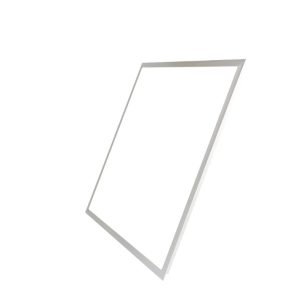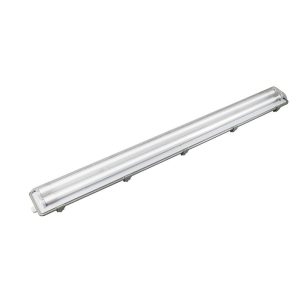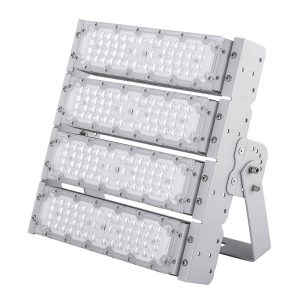Industrial ceiling lights have been an integral part of commercial and industrial spaces for decades, providing essential lighting solutions that ensure safety, efficiency, and functionality. These lighting fixtures are designed to illuminate large areas, from warehouses and factories to shopping malls and office buildings. This article delves into the world of industrial ceiling lights, exploring their history, types, benefits, and the latest trends in the industry.
History of Industrial Ceiling Lights
Industrial ceiling lights have a rich history that dates back to the early 20th century. Initially, these lights were simple and functional, designed to provide adequate illumination in factories and other industrial settings. As technology advanced, so did the design and efficiency of industrial ceiling lights. The introduction of new materials, such as glass and metal, allowed for more durable and aesthetically pleasing fixtures. Today, industrial ceiling lights come in a variety of styles and configurations, each tailored to specific lighting needs.
Types of Industrial Ceiling Lights
There are several types of industrial ceiling lights, each with its unique features and applications. Here are some of the most common types:
– Fluorescent Lights: These lights have been a staple in industrial settings for decades. They are known for their energy efficiency and long lifespan. Fluorescent industrial ceiling lights come in various lengths and configurations, such as T8, T5, and T12 tubes.
– High-Intensity Discharge (HID) Lights: HID lights, including metal halide, high-pressure sodium, and mercury vapor, are highly efficient and produce a bright, white light. They are often used in large warehouses and outdoor areas due to their high lumen output.
– LED Lights: LED industrial ceiling lights are the latest innovation in the industry. They offer exceptional energy efficiency, long lifespan, and low maintenance costs. LED lights come in various color temperatures and can be customized to fit specific lighting requirements.
– Canopy Lights: Canopy lights are designed to be mounted directly to the ceiling or suspended from the ceiling with a canopy. They are often used in parking garages, warehouses, and other outdoor areas.
– High Bay Lights: High bay lights are designed to illuminate large spaces, such as gymnasiums, warehouses, and hangars. They are available in various wattages and configurations to accommodate different lighting needs.
– Low Bay Lights: Low bay lights are suitable for illuminating areas with lower ceilings, such as retail stores, offices, and showrooms. They are available in various designs, including troffers, cove lights, and wall washers.
Benefits of Industrial Ceiling Lights
Industrial ceiling lights offer numerous benefits, making them an essential component of any commercial or industrial space. Some of the key benefits include:
– Energy Efficiency: Modern industrial ceiling lights, particularly LED and HID models, are highly energy-efficient, reducing energy costs and carbon footprints.
– Longevity: LED industrial ceiling lights, in particular, have a long lifespan, often lasting up to 50,000 hours. This reduces the need for frequent replacements and maintenance.
– Customization: Industrial ceiling lights can be customized to fit specific lighting needs, including color temperature, beam angle, and lumen output.
– Safety: Proper lighting is crucial for ensuring safety in industrial settings. Industrial ceiling lights provide ample illumination, reducing the risk of accidents and injuries.
– Cost Savings: By reducing energy consumption and maintenance costs, industrial ceiling lights can help businesses save money in the long run.
Latest Trends in Industrial Ceiling Lights
The industrial ceiling light industry is continuously evolving, with new technologies and innovations being introduced regularly. Some of the latest trends include:
– Smart Lighting Systems: Smart lighting systems allow for remote control and monitoring of lighting fixtures. These systems can adjust lighting levels based on occupancy, time of day, and other factors, further enhancing energy efficiency.
– Lighting Control Solutions: Lighting control solutions, such as dimmers and sensors, provide flexibility and energy savings by allowing users to control the intensity and distribution of light.
– Energy Management Systems: Energy management systems help businesses track and manage their energy consumption, ensuring they are using lighting fixtures efficiently.
– Customization and Design: As the demand for aesthetically pleasing lighting solutions increases, manufacturers are focusing on creating industrial ceiling lights that offer both functionality and style.
In conclusion, industrial ceiling lights play a vital role in the illumination of commercial and industrial spaces. With their wide range of types, benefits, and the latest trends, these lighting fixtures continue to evolve, offering innovative solutions for businesses worldwide. As technology advances, we can expect even more efficient, customizable, and sustainable industrial ceiling lights in the future.













Explore More from Queendom Lamp
Stay updated with the latest LED technology, lighting solutions, and industry insights.
Request a Quote About Queendom